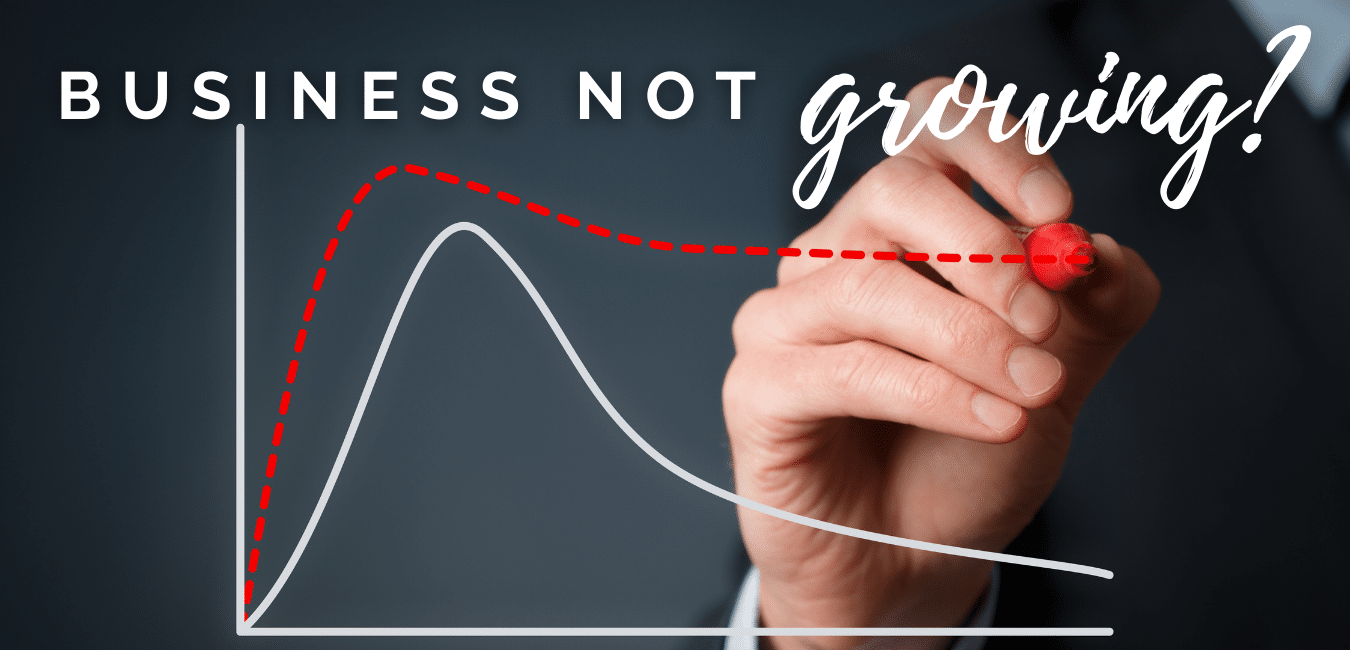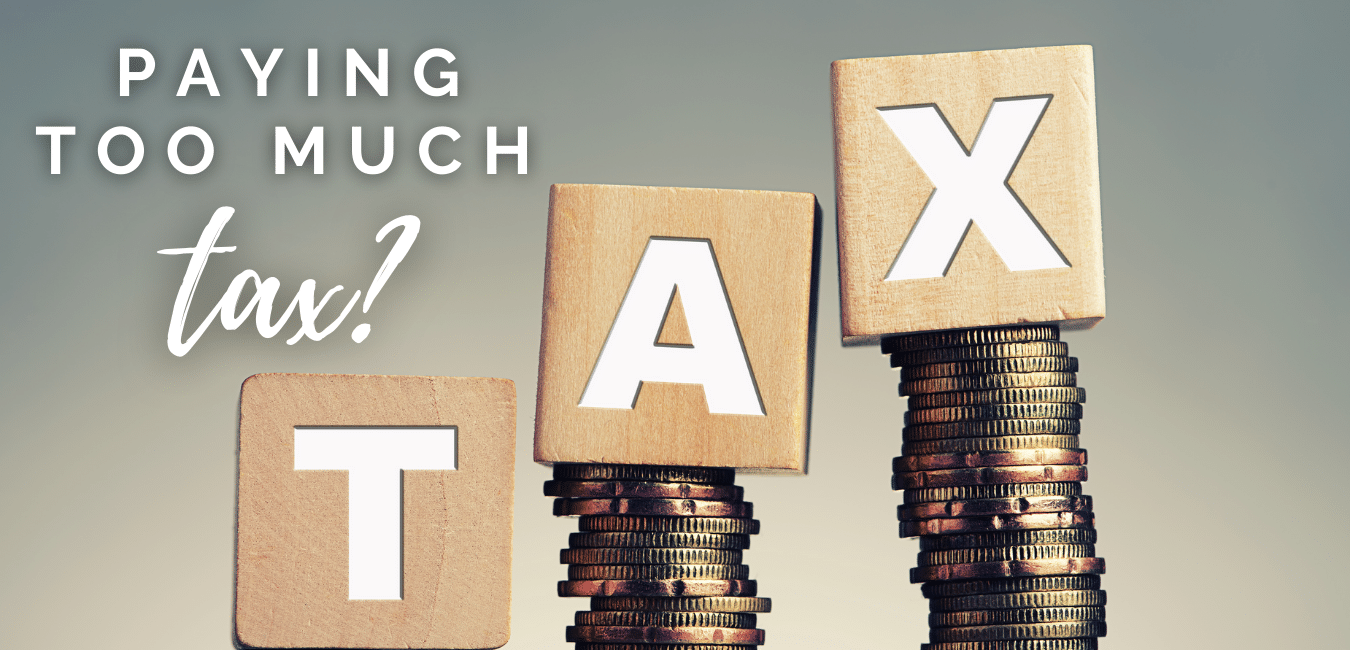Choosing the right business structure is one of the most important decisions you’ll make as a business owner.
Choosing the right structure can give you a lot of benefits like:
-
Maximising tax opportunities and minimising risk
-
Wealth creation for yourself and your family
-
Asset protection
-
Flexibility in business expansion or succession
Here is an overview of the 5 common business structures.
1) Sole trader
A sole trader is a simple business structure. As a sole trader, you manage and operate the business under your name. You are responsible for all aspects of the business including debts and losses.
Pros: Simple and inexpensive structure to start a business.
Cons: You are responsible for all the risks, losses, debts and your personal assets would be exposed if things go wrong in your business.
2) Partnership
A partnership is an association between 2 and 20 people going into business together.
Pros: It is simple and inexpensive to set up.
Cons: Like a sole trader, partners involved in the partnership are not only liable for their share of the partnership debt but they are also liable for other partner’s debts and actions. Many business owners are not aware of this joint liability in partnership. For example, if you are involved in a business partnership, any debt caused by other partners in the business will be your responsibility too.
3) Company
A company structure is a separate legal entity which has the same rights as a natural person. A company has shareholders who own shares in the company, and directors who run it.
Pros: The shareholders can limit their personal liabilities and are generally not liable for company debts. This limited liability makes the company structure very popular for high-risk businesses.
Cons: Costs are generally higher to setup and maintain as it involves an ASIC annual review and reporting requirements.
4) Discretionary Trust (Family Trust)
A discretionary trust is an obligation of a person or an entity (the trustee) to hold property for the benefit of other persons (the beneficiaries).
The trustee is responsible for managing the trust’s tax affairs and the trust’s property for the benefit of beneficiaries. If a trust has an individual trustee, the trustee will be personally liable for the trust’s debts. If a trust has a corporate trustee, shareholders of a trustee company will be protected by the company’s limited liability rule of the Corporations Act 2001.
Pros: A good trust structure will offer asset protection, flexibility in income and asset splitting and other small business/investment concessions like capital gains discounts and the opportunity to pay a lower tax rate if it is used properly.
Cons: A Discretionary trust is not suitable for a business which involves unrelated parties and requires capital raising.
5) Unit Trust
A unit trust is similar to a discretionary trust; however, the unitholders are beneficiaries who have fixed entitlement to the trust’s incomes and capital.
Pros: Units in a unit trust are easy to transfer so it is easy to take on partners or buy partners out.
Cons: Less flexible for income and capital splitting and asset protection than a discretionary trust.
Choosing the right business structure is like having the right vehicle for your business journey.
If you have the right vehicle, your business journey will be a lot better, safer, faster and more enjoyable than if you have a wrong one.
Each structure has its own pros and cons that may have an impact on key areas such as tax, liabilities, asset protection, wealth accumulation and succession planning for your business.
If you are unsure if you have the right vehicle for your business, give us a call for a complementary chat to see how we can help you create a business you’ll love!
1300 731 826




